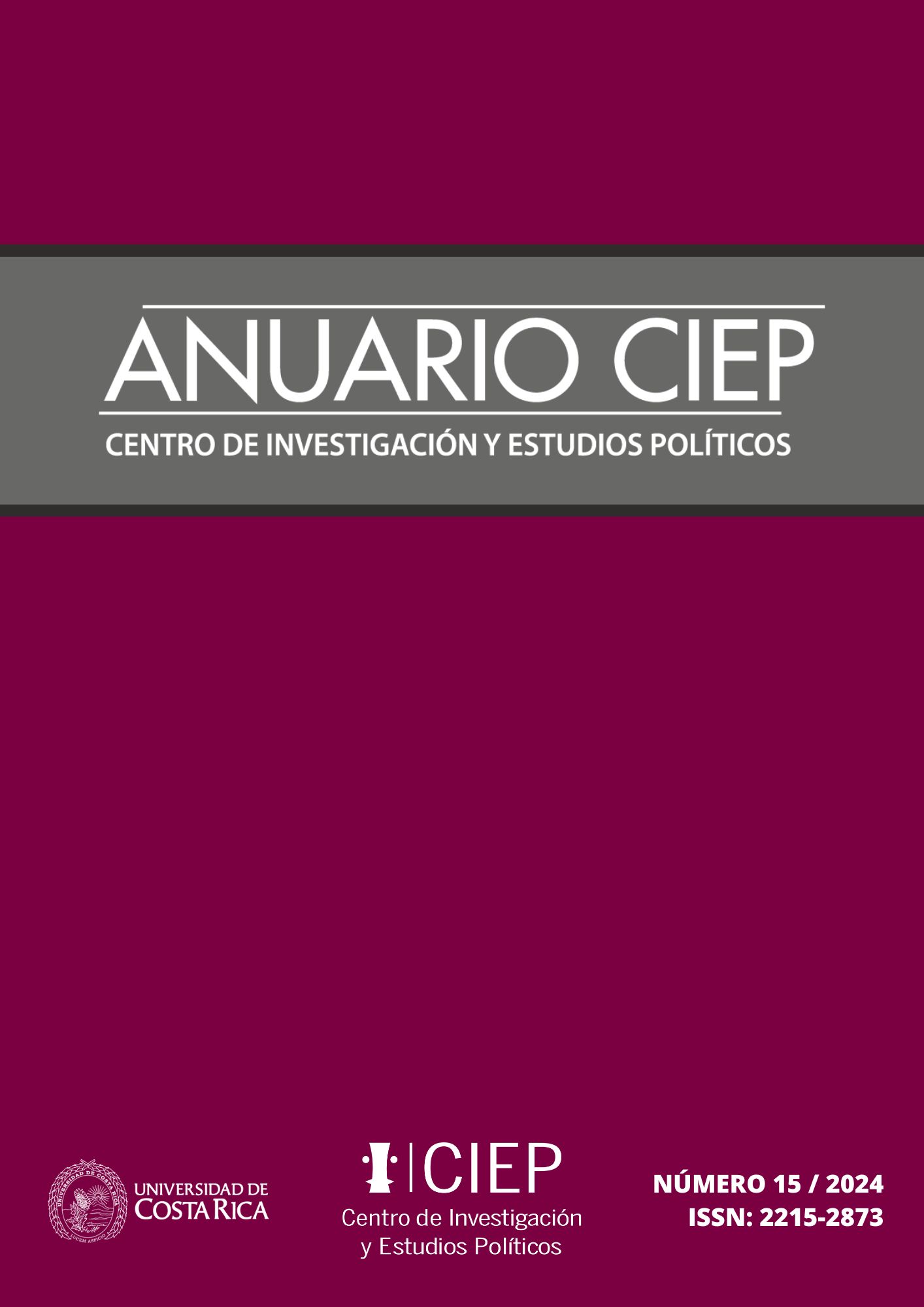Abstract
The north of Costa Rica, as a marginal region, an agricultural frontier and a zone of opportunity for agroindustrial capital investments, has been profoundly transformed in the last twenty years by the introduction of pineapple monoculture. This process implies a reconfiguration of rural territories, social relations of production and labor markets. It is also located in the most asymmetrical space in the Central American region, since the imbalances in production, development and salary levels are considerable between Costa Rica and the neighboring country to the north, Nicaragua. In this paper, we discuss the notion of agrarian extractivism from the point of view of human resources, in particular the peasant and migrant labor force (temporary and of Nicaraguan origin). Next, we present the context in which pineapple expansion has taken place in this region and the research methods implemented. In the third section, we analyze the impacts of agrarian extractivism from the point of view of the transformations of rural labor, through two main processes: on the one hand, peasant labor and its role in the monoculture economy, and on the other hand, migrant labor, which is essential but nevertheless invisibilized and precarized.
In this paper, we discuss the notion of agrarian extractivism from the point of view of human resources, in particular labor force and migration (mainly temporary and of Nicaraguan origin). Next, we present the context in which pineapple expansion has taken place in this region and the research methods implemented. In the third section, we analyze the impacts of agrarian extractivism from the point of view of rural labor transformations, through three main processes: 1) the retreat of the peasantry; 2) the generalization and imposition of industrial agricultural labor; 3) the dependence on migrant labor.
##plugins.facebook.comentarios##

This work is licensed under a Creative Commons Attribution-NonCommercial-NoDerivatives 4.0 International License.
Copyright (c) 2024 Delphine Prunier, Tania Rodríguez Echavarría


